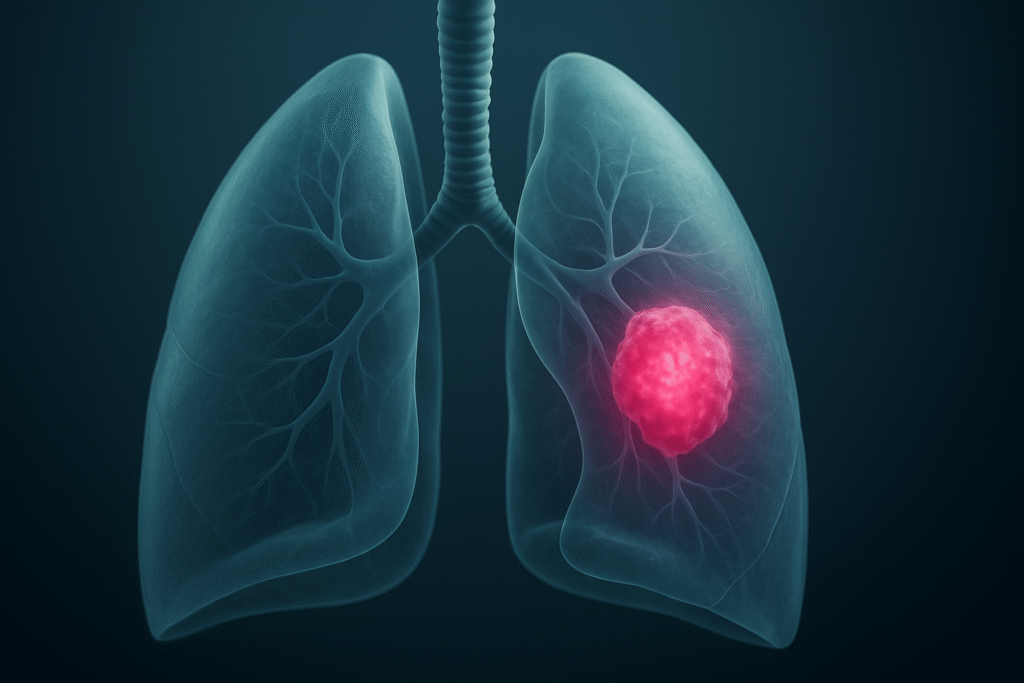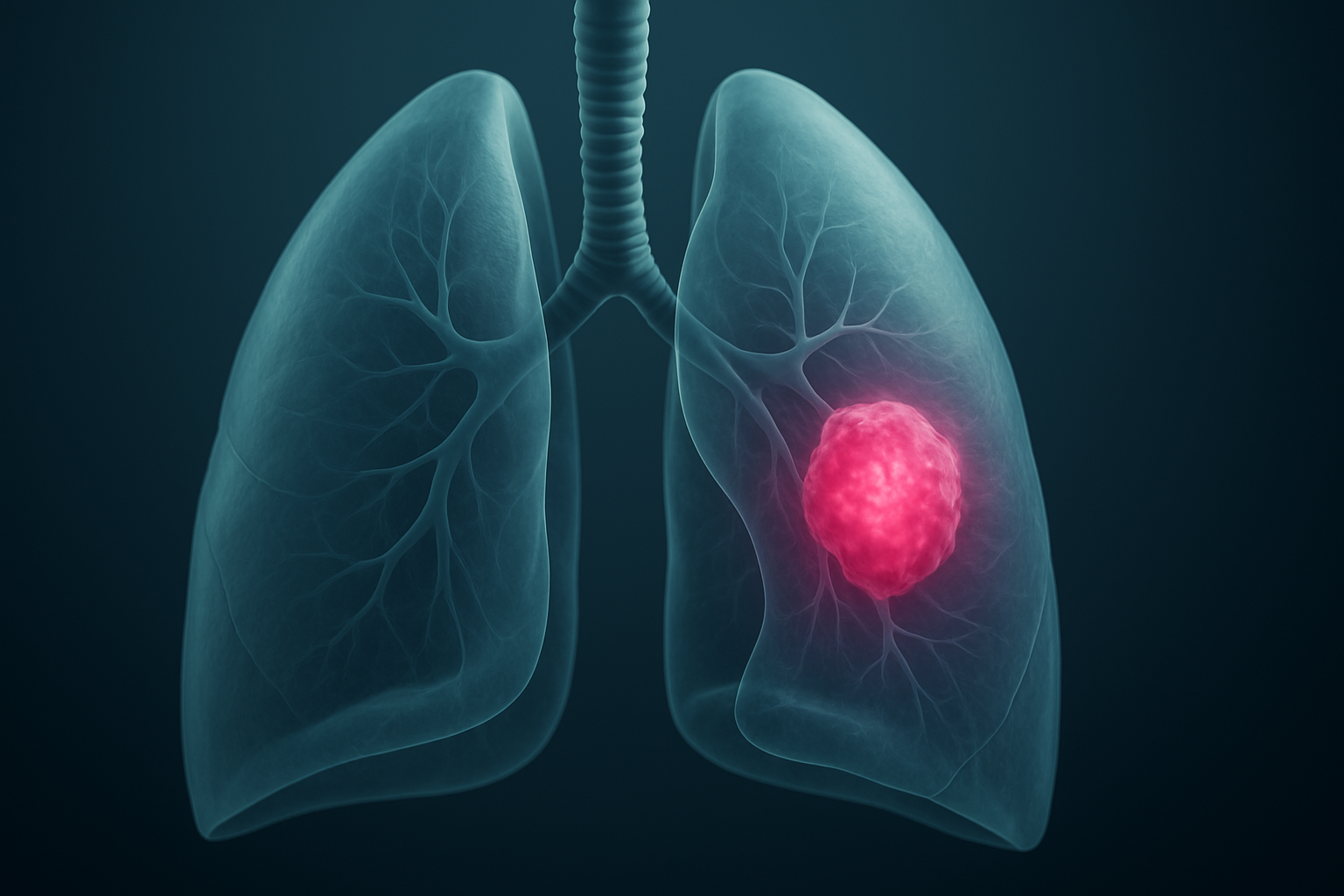

Despite advances in first-line chemoimmunotherapy for NSCLC, 60-85% of patients develop secondary resistance to immune checkpoint inhibitors, creating a critical unmet need that requires novel therapeutic strategies targeting the immunosuppressive tumor microenvironment. Emerging approaches include bispecific antibodies, adoptive cell therapies, and intratumoural immunotherapies, though biomarker-driven adaptive trial designs are essential for navigating the complexity of resistance mechanisms.

Review Scope & Methods:
- Comprehensive analysis of resistance mechanisms to immune checkpoint inhibitors in advanced NSCLC
- Examination of both primary resistance (5-20% of patients) and secondary resistance (60-85% of patients) patterns
- Evaluation of emerging therapeutic strategies designed to overcome immunosuppression
- Assessment of current biomarker development and adaptive trial design approaches
Key Findings:
- Primary resistance affects 5-20% of patients from treatment outset, linked to pre-existing genetic/epigenetic factors in tumor cells and tumor microenvironment
- Secondary resistance develops in 60-85% of patients after ≥6 months, driven by adaptive changes including resistant clone emergence and immune evasion mechanisms
- Most resistance mechanisms converge on a final common pathway of immunosuppressive tumor microenvironment
- Antibody-based therapies (bispecifics, T cell engagers, antibody-drug conjugates) show promise for restoring antitumor immunity
- Host-related factors including dysbiosis and organ-specific conditions contribute to resistance complexity
Clinical Implications:
- Current therapeutic arsenal remains insufficient for ICI-resistant NSCLC patients, representing a major clinical gap
- Combination strategies targeting multiple resistance pathways may be necessary given mechanistic heterogeneity
- Biomarker-driven patient selection is critical for optimizing novel therapeutic approaches
- Adaptive trial designs offer potential to accelerate evaluation of innovative treatment concepts
Evidence Quality:
- Review synthesizes current understanding but notes limited clinical relevance of many biomarker observations
- Heterogeneous resistance origins complicate development of universal therapeutic approaches
- Need for hypothesis-generating studies to validate emerging therapeutic concepts
- Adaptive trial methodologies required to navigate complexity and enable timely evaluation




